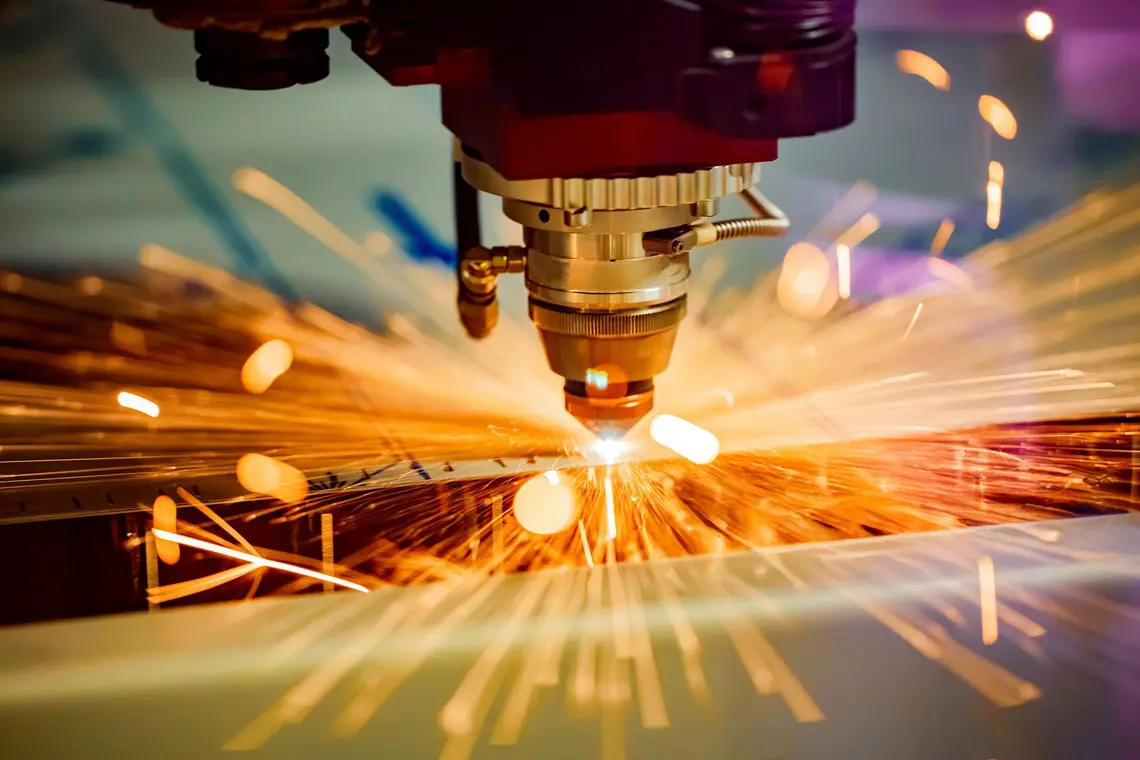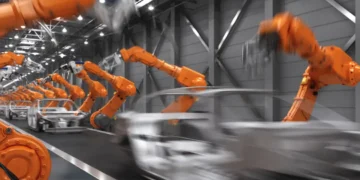Canada’s advanced manufacturing sector is experiencing a surge in foreign direct investment (FDI) as global corporations seek to leverage the country’s strategic location, skilled workforce, and innovation-driven economy.
With provinces like Ontario, Quebec, and British Columbia leading the charge, Canada is becoming a key destination for high-tech manufacturing, automation, and industrial innovation.

Why Canada is a Magnet for Advanced Manufacturing Investment
1. Skilled Workforce & STEM Talent
Canada produces over 170,000 STEM graduates annually, supplying manufacturers with highly trained engineers, technicians, and AI specialists.
Strong collaboration between universities, research institutions, and manufacturers fuels continuous innovation.
Immigration policies attract skilled global workers, supporting growth in AI-driven and precision manufacturing.
2. Strategic Trade Agreements & Market Access
Canada’s participation in CUSMA (formerly NAFTA), CETA (EU), and CPTPP (Asia-Pacific) allows duty-free access to global markets.
Advanced manufacturers benefit from reduced tariffs, making exports more competitive.
3. Government Incentives & R&D Support
Canada’s Strategic Innovation Fund (SIF) provides funding for large-scale manufacturing projects.
The Scientific Research and Experimental Development (SR&ED) program offers tax incentives for R&D investments.
Provincial grants and low corporate tax rates attract global manufacturers.

Key Manufacturing Hubs in Canada
1. Ontario: Canada’s Automotive & EV Manufacturing Powerhouse
Home to major automotive companies like General Motors, Honda, and Ford, Ontario is at the forefront of EV and battery manufacturing.
The Windsor-Essex region is seeing massive investments in battery plants and auto parts production.
AI-driven automation is revolutionizing supply chains and logistics in the province.
2. Quebec: The Future of Aerospace & Green Manufacturing
Montreal is a global aerospace hub, with companies like Bombardier, Airbus, and Pratt & Whitney investing in R&D and manufacturing.
Quebec is also leading in green hydrogen and sustainable industrial processes, attracting ESG-conscious investors.
3. British Columbia: Innovation & Industrial Automation
BC’s manufacturing sector thrives on robotics, AI-driven automation, and clean technology.
Vancouver has become a hotspot for green manufacturing and industrial AI development.

How These Investments are Reshaping Canada’s Economy
1. Job Growth & Workforce Development
Thousands of high-paying jobs are being created in engineering, AI, and automation.
Companies are partnering with Canadian universities to build future talent pipelines.
2. Strengthening Canada’s Global Competitiveness
Advanced manufacturing exports are increasing, helping Canada diversify its economy beyond natural resources.
The country is becoming a top destination for tech-driven and ESG-compliant production.
3. Accelerating the Green Transition
Canada’s focus on EVs, battery technology, and renewable energy aligns with global sustainability goals.
Green incentives are attracting manufacturers looking to reduce carbon footprints.
Challenges Facing Canada’s Manufacturing Growth
1. Workforce Shortages
Demand for AI and automation engineers outpaces supply, requiring more investment in STEM education.
2. Infrastructure & Supply Chain Constraints
Expanding manufacturing hubs requires upgraded logistics, transportation, and energy infrastructure.
3. Global Competition for FDI
The US, Mexico, and Europe are also offering aggressive incentives to attract manufacturing investment.
Future Outlook
Canada’s advanced manufacturing sector is poised for exponential growth, driven by technological advancements, strategic investments, and government support. With a strong focus on sustainability, automation, and global trade partnerships, Canada is positioning itself as a world leader in next-generation manufacturing.



















